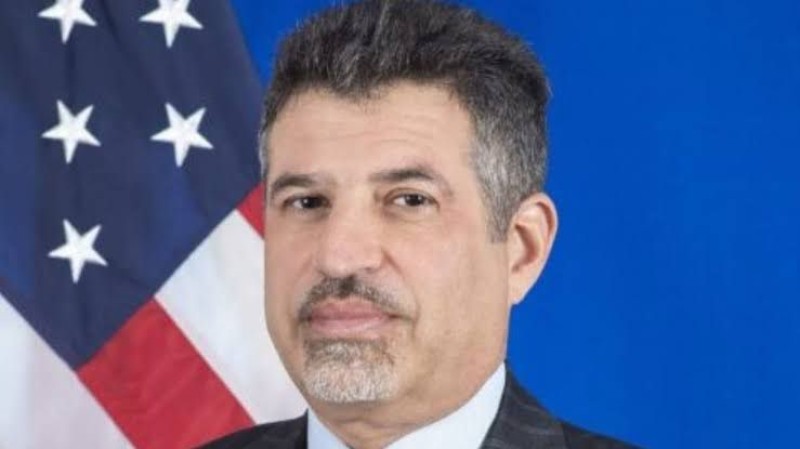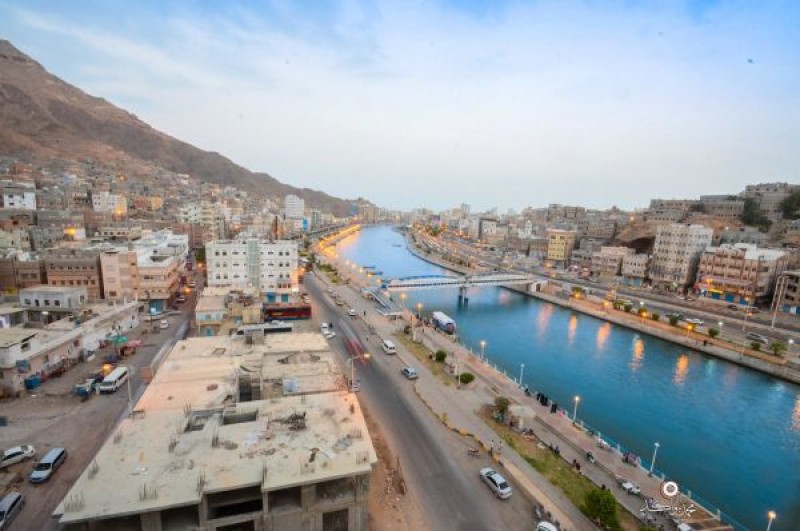UN to Reduce Aid to Houthi-Controlled Yemen


A United Nations official has told VOA that the organization is reducing its aid to areas controlled by Iran-backed Houthi rebels in northern Yemen because of the group’s restrictions on humanitarian operations in a country that is said to have the worst humanitarian crisis in the world.
“We don’t go to an area and just give assistance; we do an assessment to know who needs that aid, and we are blocked from doing that. We also have to monitor the work that we do, and this is blocked, too. And if we can’t assess and if we can’t monitor, then we can’t manage the risks of operating in areas like northern Yemen,” Lise Grande, U.N. humanitarian coordinator for Yemen, told VOA.
Nearly five years of civil war has taken a heavy toll on Yemenis, with nearly 100,000 deaths and an estimated 4.3 million people displaced since the start of the conflict.
According to the U.N., with 80% of the entire population in need of some form of assistance or protection, there is no other country in the world where a higher percentage of the entire population needs help. The agency estimates 7.4 million Yemenis do not know where their next meal is coming from and are at risk of famine.
Grande told VOA the decision to scale down U.N. aid will likely affect civilians in northern Yemen. But she added that U.N. airlifting operations to transport several critically ill civilians from the Houthi-controlled areas will continue.
“Discussions have not always been easy, but it’s hugely important that modalities are now agreed by all sides,” Grande said. “There are thousands of patients who need treatment outside Yemen. The solution to their plight is to lift all restrictions on humanitarian assistance, end the fighting and lift the blockades that have created so much suffering.”
Earlier this month, the first U.N. “mercy flights” evacuated a group of six chronically ill patients and their families from Houthi-controlled Sanaa airport for treatment in Jordan and Egypt. The operation was seen as a positive step toward establishing a form of trust between the warring sides.
Iran-backed Houthis in 2014 took over the capital, Sanaa, following failed negotiations with the Saudi-backed government. The group in 2015 took over the presidential palace, pushing the government of Abd Rabbu Mansour Hadi to resign. That soon was followed by the formation of a military coalition of Persian Gulf states led by Saudi Arabia against the Houthis. President Hadi afterward rescinded his resignation and moved his government to the interim-capital Aden.

Riyadh — U.S. Ambassador to Yemen, Steven Fagin, on Monday underscored Washington’s commitment to the unity of the Presidential Leaders…

Abyan — The Southern Transitional Council (STC) in Yemen announced on Monday the launch of wide-scale military operations in Abyan province,…

Aden – Yemen is witnessing heightened political activity aimed at defusing tensions in the eastern provinces, where competing forces have vie…